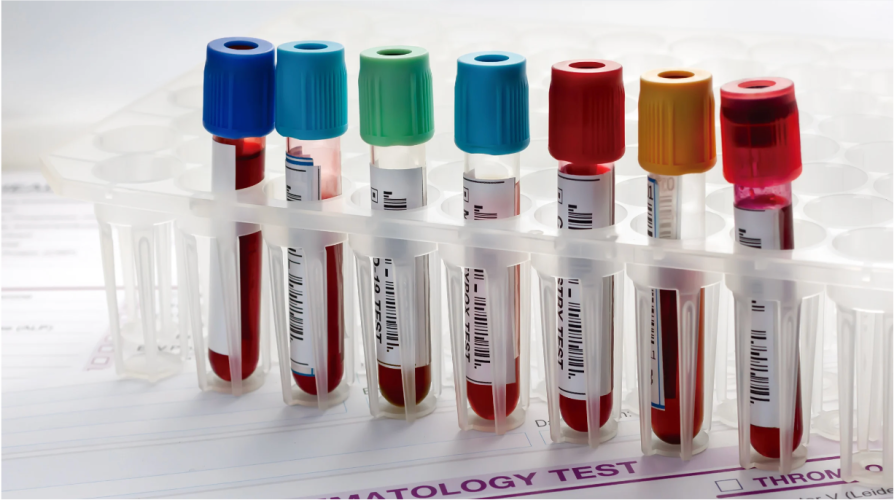The Children's Clinical and Translational Discovery Core offers support to investigators conducting basic science, epidemiologic, translational, and clinical pediatric research to promote childhood health. The use of the core is open to investigators at Emory University, Children’s Healthcare of Atlanta, and collaborators within and outside of Emory University. Our mission is to support and complement the research efforts of qualified investigators by providing laboratory research services and access to biological samples that represent a variety of diagnoses and healthy volunteers.
The laboratory collaborates with other core facilities and laboratories across campus. For more information about our core services, email CCTDC@emory.edu.
For processing, sample procurement, shipping, and resupply requests, fill out our survey.
Core News:
- Please note changes in study participant protocol. To comply with Federal policy, Emory University Finance limits study participants receiving gift cards to no more than $100 in compensation per calendar year. Additionally, participants must fill out an Information Disclosure form and provide a valid Social Security number or Taxpayer Identification number. Willing participants are able to waive compensation. Please speak to a study team member if you have any questions or concerns regarding this new directive.
- As of November 4, 2024, fresh whole blood services will resume at ECC-RU. Submit requests to CCTDC@emory.edu.
- Include lab, number of donors, blood collection tube type, and volume needed (maximum 50mL per donor).
Citing the Children’s Clinical and Translational Discovery Core
The Children’s Clinical and Translational Discovery Core is generously supported by Children's Healthcare of Atlanta and Emory University.
When presenting or publishing work completed using the core, please include "Children's Healthcare of Atlanta and Emory University's Children’s Clinical and Translational Discovery Core" in the acknowledgments.
To determine if you should use “Children’s Healthcare of Atlanta” in your author affiliations, please see guidelines here.
The Clinical and Translational Discovery Core (CTDC) is a shared resource for Atlanta area child health researchers. The CTDC supports clinical trials with sample processing, shipping and receiving, correlative biology studies, and long-term biobanking of a wide variety of human tissues for future research. The lab contains six -80oC freezers and one -150oC freezer contained in a secure, key card restricted, laboratory space. All ultra-low freezers are under preventative maintenance contracts and monitored 24/7. The CTDC staff are notified in the event of temperature excursions and maintains access to backup storage units in the event of a catastrophic failure. Subsidized by Children’s Healthcare of Atlanta, the CTDC provides very competitive rates for biorepository studies. The CTDC is able to serve as the central biorepository for multicenter clinical studies.






